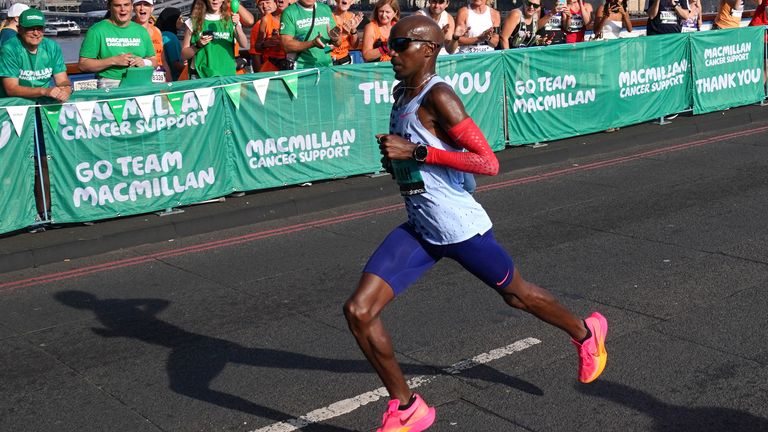Stamp Duty is expected to be cut in Friday’s mini-budget, The Times newspaper reports today.
Prime Minister Liz Truss and the Chancellor, Kwasi Kwarteng, have allegedly been working on the plans for more than a month and will announce them on Friday to the House of Commons.
Tweeting the front page of The Times’ splash today Russell Quirk, property expert and media pundit said: “Christmas come early for property firms. This will be epic”.

Martin Stewart, Director, London Money
Martin Stewart, director of broker London Money, said: “If base rate is headed to 4% as many think you’re going to need a bigger rabbit and a bigger hat Liz.”
The paper says Truss believes that cutting Stamp Duty will encourage economic growth by allowing more people to move and enabling first-time buyers to get on the property ladder.
Friday’s mini-budget is also thought to include plans to reverse the national insurance rise and freeze corporation tax, two measures that some pundits forecast will cost £30 billion a year between them.

Tom Bill, Head of UK Residential Research, Knight Frank
Tom Bill, Head of UK Residential Research at Knight Frank, comments: “Nobody can accuse the new government of lacking an economic vision.
“If its low-tax approach extends to stamp duty, recent history tells us it will trigger higher levels of demand in the housing market at a time when mortgages are getting more expensive, which will support social mobility.
“Prices could spike higher in the short term if supply initially struggles to keep up but more balanced conditions will return provided the cut is immediate and permanent.”

Dominic Agace, CEO, Winkworth
Dominic Agace, CEO of Winkworth says, “It has to be encouraging that we are talking about growth plans, not austerity. Stamp duty reform would embody this. We know lower tax allows more people to right size for their family needs, particularly in the South-east.
“As we saw immediately after the pandemic in London, that doesn’t mean prices have to increase. Downsizers are encouraged to make the move so the housing ladder is unblocked. With more movers, it also means the overall government tax take will increase.”
“A budget for growth is a vote for optimism. I think that’s a route we all naturally prefer. Sentiment is a key driver in the housing market, which plays a huge role in the UK economy through its ripple effect to all types of businesses.”

Nathan Emerson, CEO Propertymark
Nathan Emerson, CEO of Propertymark comments, “Some buyers and sellers entering the market are feeling the pinch of the cost of living crisis and interest rate rises so a cut to Stamp Duty will certainly ease affordability.
“This is really positive as the benefits of keeping consumer confidence in the housing market is tremendous for the wider economy and creates encouraging ripple effects across many industries.
“It’s positive to see that the new Prime Minister is making steps to underpin the market, another aspect to be considered is the dire need for long-term investors who provide good quality rental homes. It’s not yet known if the proposals to Stamp Duty would be in place for those buying additional homes as well.”
RATES
Under the present system no Stamp Duty is paid on the first £125,000 of any property purchase. Between £125,001 and £250,000 Stamp Duty is levied at 2%, £250,001 and £925,000 5%, £925,001 and £1.5 million 10% and anything above £1.5 million 12% for first-time buyers the threshold at which stamp duty is paid is £300,000.
During the pandemic the threshold was raised to £500,000 and Truss is already on record stating that cutting Stamp Duty is ‘critical’ to economic growth.
FEWER TRANSACTIONS
As Chief Secretary to the Treasury she said that the highest rate of Stamp Duty, which was introduced by former chancellor George Osborne, was “clogging up” the housing market and leading to fewer transactions.

Liz Truss, Prime Minister
Asked directly by the BBC yesterday if she was prepared to be unpopular, Truss replied: “Yes, yes I am.
“What is important to me is that we grow the British economy because that’s what will ultimately deliver higher wages, more investment in towns and cities across the country, that is what will ultimately deliver more money into people’s pockets, and it will also enable us to fund the services like the National Health Service.”
https://thenegotiator.co.uk/breaking-stamp-duty-to-be-cut-in-mini-budget-times-reports/




